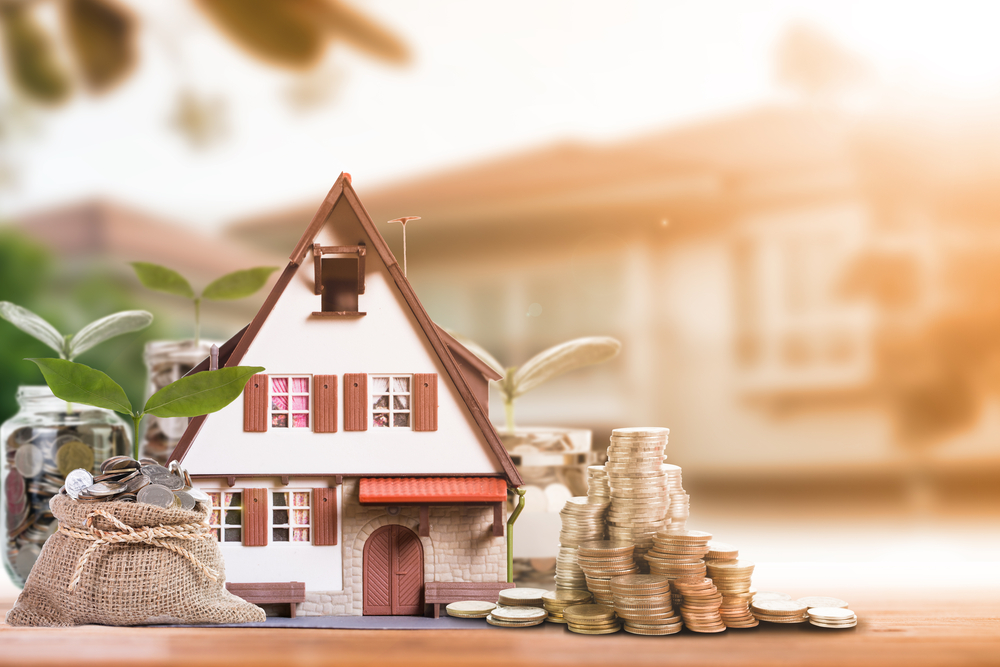Future Housing Trends and Their Impact on the Real Estate Market
With the rapid technological, social, and economic developments happening worldwide, there is an increasing focus on future housing trends that promise a radical change in the way people live. These new housing patterns not only aim to provide more livable environments but also have significant impacts on the real estate market, which is undergoing continuous transformations in response to these changes. In this article, we explore some future housing trends and how they are influencing the real estate market.
Smart Homes
Smart homes have become one of the most prominent future trends in real estate. It’s now possible to integrate household devices with smart systems that control lighting, heating, cooling, security, and even health. Smart homes allow residents to manage their homes remotely using smartphones or specialized devices, enhancing quality of life, comfort, and energy efficiency.
Impact on the Real Estate Market: The demand for smart homes is rising, which leads to a shift in property values. Smart homes are more attractive to investors, increasing the prices of properties equipped with these systems. At the same time, this transformation requires upgrading building infrastructure and providing innovative construction solutions, opening new opportunities for real estate developers.
Sustainable Housing
With growing concern for environmental protection, sustainable housing has become central in future designs. Sustainable homes use eco-friendly building materials, and incorporate technologies that reduce energy consumption, such as solar panels, water collection systems, and advanced thermal insulation. These homes not only benefit the environment but also help reduce long-term operational costs for residents.
Impact on the Real Estate Market: The value of sustainable properties is expected to increase significantly, as investors and buyers seek housing solutions that minimize their environmental impact. In some markets, governments may implement regulations on energy and water use in new buildings, encouraging real estate developers to adopt more sustainable construction practices.
Mobile Housing
One of the most popular future housing trends is mobile homes, such as prefabricated houses or residential vehicles. These types of homes offer mobility and reduce financial commitments associated with owning fixed property. Interest in these housing styles is growing, particularly in areas where lifestyle changes, such as remote work or constant travel, are becoming more common.
Impact on the Real Estate Market: The rising interest in mobile housing may lead to a decline in demand for traditional properties, particularly among younger age groups. This trend will create a new market for prefabricated homes and residential vehicles, prompting developers to explore these new housing styles and offer flexible real estate solutions that align with this shift.
Flexible Housing
Flexible housing is a residential trend that adapts to the changing needs of its inhabitants. It includes innovative designs that allow residents to modify interior spaces based on their needs, such as turning rooms into home offices or creating multifunctional spaces. This type of housing reflects flexibility in living, helping individuals adapt to changes in their professional and personal lives.
Impact on the Real Estate Market: The demand for properties that offer flexible design features is expected to rise, altering building and development methods. Real estate developers will benefit from this trend by offering housing spaces that can be adapted to suit the evolving needs of families or individuals.
Smart Cities
Smart cities integrate modern technology into urban management, improving the quality of life for residents. These cities feature smart infrastructure, such as advanced public transportation systems, smart lighting, and more efficient waste management. In such cities, the need for flexible and sustainable housing will become even more crucial.
Impact on the Real Estate Market: Smart cities will attract investors, driving up property values in these areas. The growing demand for real estate in smart cities will require innovative housing solutions that meet the needs of individuals in smart and sustainable environments.






